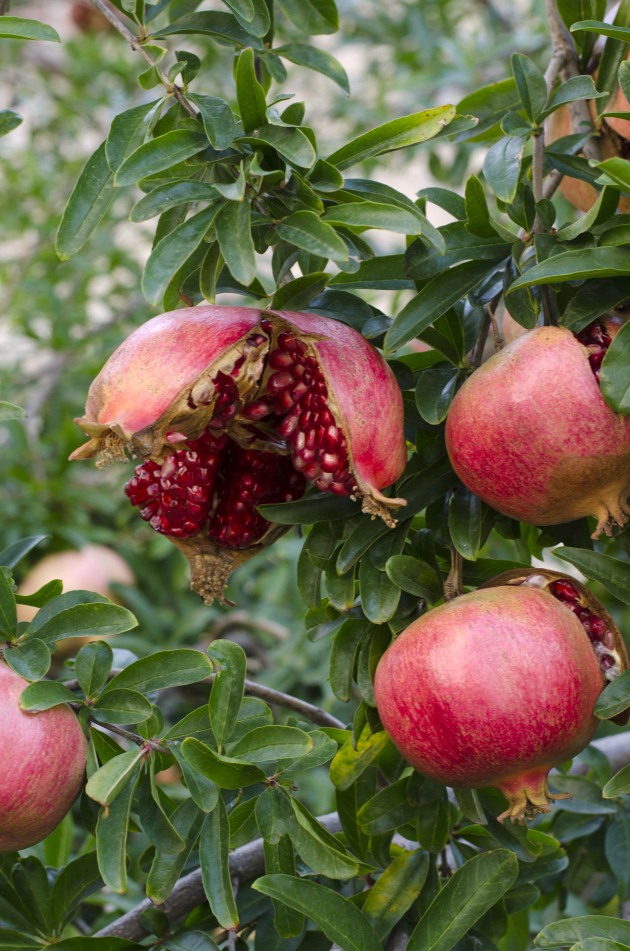Natural plant extracts are in particularly high demand because of their synergistic potential and their ability to interact with multiple mechanisms within the body. Andrea Zangara from Euromed looks at the opportunities and challenges of botanical extracts. This article was first published in Food & Drink Business September/October 2020.
Plants often produce phytochemicals as adaptive mechanisms, to help them survive in different environmental conditions or to ward off insects and herbivores. As such, researchers are increasingly looking at their effects on human health.
Euromed is a global supplier of standardised botanical compounds. We are inspired by the Mediterranean diet in researching and developing extracts for healthy ageing applications. For example, Mediteanox is a natural olive fruit extract that contains up to 40 per cent hydroxytyrosol — a powerful natural antioxidant.
The extract is clinically proven to contribute to better blood circulation and reduced LDL cholesterol levels, which are key factors in providing protection from atherosclerosis. Its antioxidant properties have been confirmed in in vitro and human studies.
Another patented natural ingredient with a similar provenance is Pomanox, a full-spectrum polyphenol pomegranate extract. Several human studies indicate it may support cardiovascular health.
For natural blood sugar control, the company offers ABAlife, a fig extract with a standardised abscisic acid (ABA) content.

ABA is a plant hormone but also naturally released by some human cells and plays an important role in managing blood glucose homeostasis, besides offering other stress-related benefits.
A clinical study in collaboration with the Sydney University Glycemic Index Research Service (SUGiRS) demonstrated glycaemic improvements in healthy people, suggesting ABA may be a beneficial dietary supplement
in terms of helping to maintain healthy blood sugar levels and an adjunctive treatment for chronic metabolic disorders such as prediabetes and type 2 diabetes.
A more recent study shows that oral ABAlife administration improves glucose tolerance, insulin sensitivity and fasting blood glucose in two different mouse models of type 2 diabetes by modulating the metabolic activity of skeletal muscle.
Traceability from seeds to final extracts
Herbal preparations can, however, vary considerably in their effects, purity, quality and safety, particularly if the “seed to patient” process is not properly controlled and standardised.
The path from the seed (or the plant) to the finished product includes many variables and challenges, particularly the environmental factors associated with growth, collection, harvest time, storage conditions and processing of the raw material.
Some phytochemicals may be seasonally dependent and influenced by where the plants are grown. Another important factor is the method of extraction. This can influence how much of a particular active constituent is present in the herbal product.
Some phytochemicals are more soluble in water, whereas others are soluble in alcohol or oil.
Manufacturers can overcome many of these challenges by employing standardised, traceable processes from the plant to the finished product, and also by using precise instruments to scientifically verify the extent to which herbs and phytochemicals can support human health.
Testing is key
The variability in the raw material requires experienced sourcing and thorough testing. Species identification is also critical.
In addition, as demand for botanical ingredients increases year-on-year, as do the risks of overharvesting.
High demand may also persuade dishonest ingredient suppliers to use cheap botanical materials as substitutes for expensive or difficult-to-grow species. Counterfeit products present a significant challenge to the industry and a risk to consumer health.
For this reason, suppliers should have an integrated supply chain in place, in which each step is traceable, accountable and transparent.
At Euromed, each production batch, from the herb to the final extract, undergoes several laboratory tests for identity, potency and quality, a process certified by PhytoProof, Euromed’s quality seal.
PhytoProof extracts are designed to be highly bioavailable, providing tangible and reproducible results in clinical testing.





